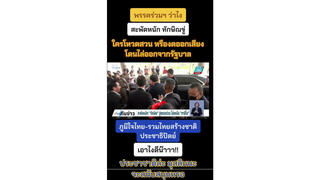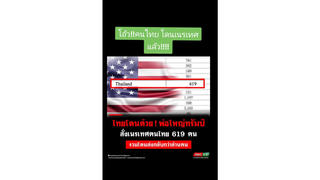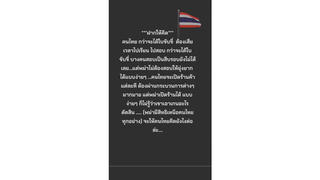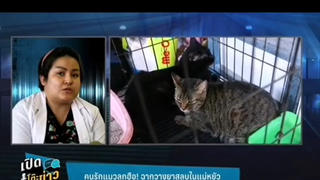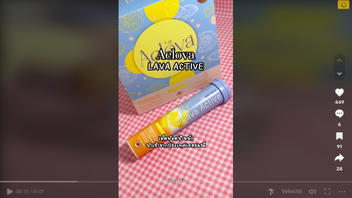
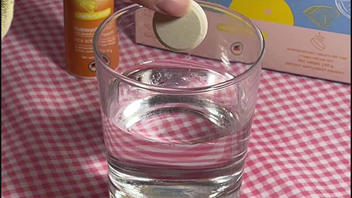
Does Aelova Lava Active, an effervescent product that contains Garcinia extract, help with weight loss? No, that's not true: The Food and Drug Administration Thailand warned that advertising the product as effective in trapping starch and fat in the body and accelerating metabolism is misleading and deceptive, and creates false beliefs about the quality or properties of the product.
The claim appeared in a video (archived here) published on TikTok by @aaquamie on May 11, 2023. The scrolling text in the video reads (translated into English from Thai by Lead Stories staff):
Get in shape with just only one effervescent tablet.
Is fasting good for you? Don't skip meals!
There's help available.
Weight loss tablets from Germany. Help with weight control, metabolism, firming, and fat control in the body.
This is what the post looked like on TikTok at the time of writing:
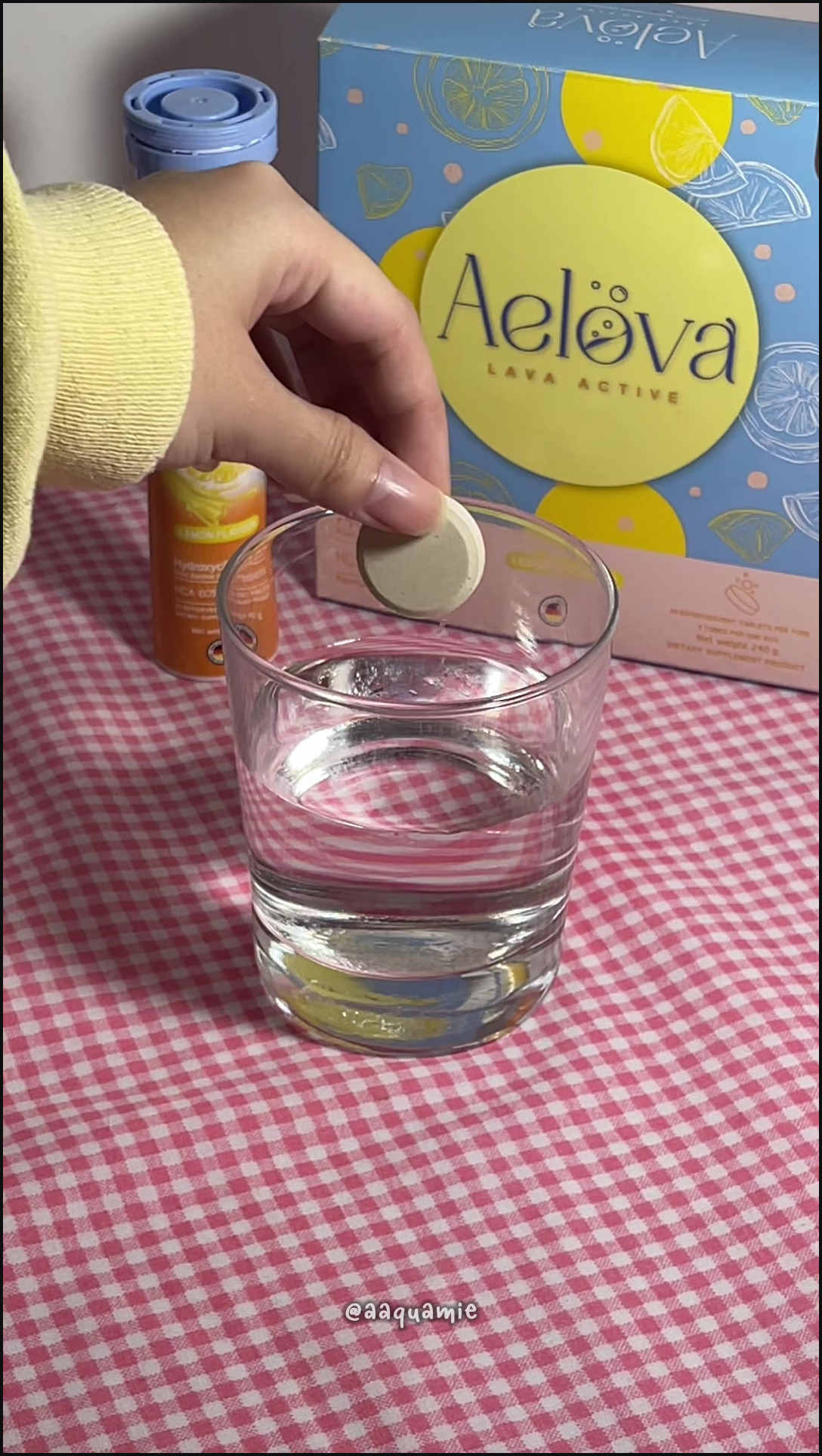
(Source: TikTok screenshot taken on Wed Mar 13 08:43:55 2024 UTC)
Similar advertisements have appeared in several videos on TikTok, such as here (archived here). In this second video, published by @Aelovaofficial on June 15, 2023, the presenter said that the main ingredient of these effervescent tablets was a substance extracted from Garcinia, a tree that grows in India and Southeast Asia (archived here), whose fruit contains, in the rind, hydroxycitric acid (HCA), used in dietary supplements. The creator responded to a viewer's question about whether weight loss was achievable by saying, (as translated):
Our product focuses on reducing proportions and reducing accumulated body fat. Reducing proportions results in definite weight loss.
This product is registered by the FDA Thailand as a dietary supplement (archived here). According to regulations, it is not allowed to advertise that such a product can change the consumer's body shape, help with weight loss, or control body fat.
In addition, a statement (archived here) was found on the Public and Consumer Affairs division's website dated October 7, 2023, stating (as translated) that this product
misrepresents the benefits, quality, or characteristics of food, or deceives consumers unjustifiably, which constitutes a violation of the Food Act of 1979.
The document also stated the FDA would take legal action against such violations.





